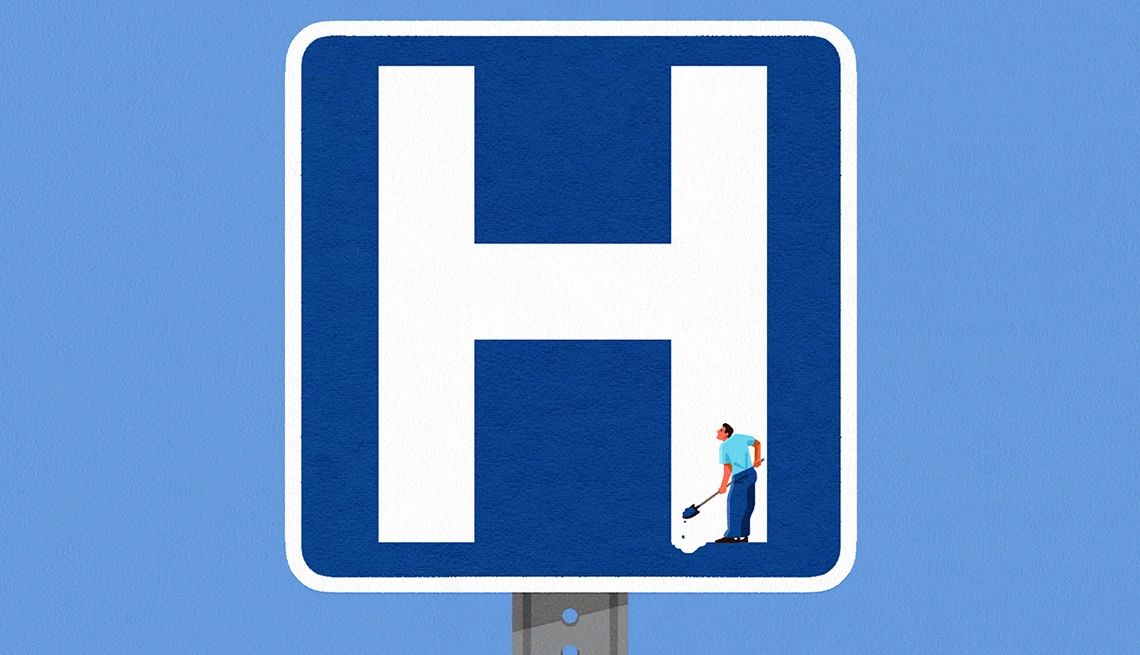AARP Hearing Center


A group of major health insurers, including those that provide private Medicare and Medicaid managed care plans, have pledged to implement six new voluntary changes designed to streamline, standardize and reduce the burden of the “prior authorization” process, where health plans must approve certain medical services before they are performed.
The commitments of nearly 50 leading health insurers, announced June 23, are expected to help reduce administrative delays and simplify care for some 257 million individuals — about 75 percent of Americans with health coverage, said Mehmet Oz, administrator of the Centers for Medicare & Medicaid Services (CMS), during a press briefing. Among them are nearly 35 million older Americans enrolled in Medicare Advantage plans and an estimated 75 percent of Medicaid recipients who are covered through private managed care organizations.
If fully adopted, the proposed changes could be the most sweeping industrywide effort to address complaints about prior authorization, which is designed to contain costs by reducing unnecessary care. But regulators, consumers, lawmakers and providers have raised concerns that insurers use prior authorization to save money and improperly deny care that would otherwise be provided.
Changes could reduce hurdles for those with Medicare Advantage
Much of the debate over prior authorization has centered on Medicare Advantage (MA) plans. Unlike original Medicare, which pays for each medical service provided, MA plans receive a flat monthly payment to cover each enrollee’s cost of care. They use utilization management tools, like prior authorization, to provide care more efficiently. The health policy nonprofit KFF reports that virtually all MA enrollees are required to obtain prior authorization for some services.
However, studies have found that these plans often deny care that original Medicare typically covers. This can include requests for diagnostic imaging, pain injections and the transfer of patients from hospitals to nursing homes. A KFF report found that roughly 82 percent of MA plans’ prior authorization denials were overturned on appeal in 2021.






































































More From AARP
The (Virtual) Nurse Will See You Now
Why the next nurse you meet may be over video — and what that means for older patients
What to Know Before Logging Into the Patient Portal
Know the pros and beware the pitfalls
How Do I Ask My Son for Help with Medical Bills?
When seeking financial assistance from a loved one, how you frame your ask is key